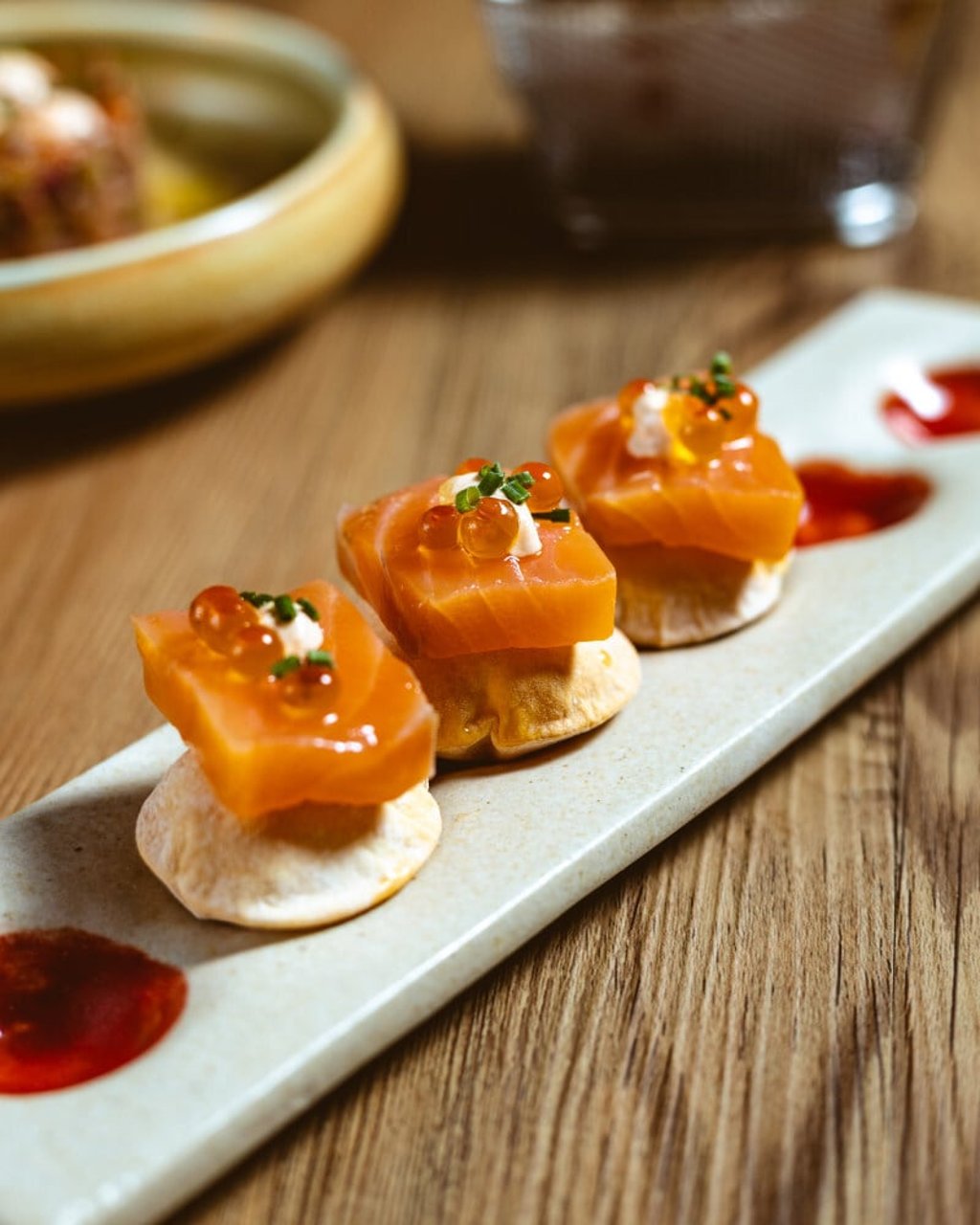Profile | Spanish chef who worked for Ferran Adrià on making it in Asia, becoming a food bore to his friends and being told he would ‘never be a chef’
- Alex Fargas, the Spanish chef-owner of La Paloma in Hong Kong, got into culinary school after his mum called them every day until they accepted him
- He’s opening a new restaurant in Hong Kong serving Mediterranean-style cuisine, and mixing old favourites with new dishes

How did you become interested in cooking? “I have loved eating since I was four years old. My favourite toy was a play kitchen. Every day, I woke my mother up and asked her what she wanted for breakfast and we would play for an hour.
“When I grew up, I thought being a chef I could travel the world while cooking. At that time, chefs like Ferran Adrià, Carme Ruscalleda, Santi Santamaria and Joan Roca were on television, and people talked about restaurants in general.”
What did your parents think of you going to culinary school? “When I was 20 years old, I thought of studying physics because I was good at it, but I wanted to be a chef. When I told my parents, it took my mother a day to understand, while my father didn’t say much. The next day, my mother supported me 200 per cent, saying she’d make sure I went to Hofmann, the best culinary school in Barcelona, Spain. But the school intake was full, with 10 people on the waiting list.
“You know how my mother got me in? She called every day, saying she wanted her son to go there. On September 3, she called me to say she’d got me the space – school started in a week.”

What was your first restaurant job? “Before I went to culinary school, I went to Menorca, near Ibiza, to work for three months. I was a waiter in a steakhouse. The chefs and waiters were over 50 years old, and here was this 20-year-old from Barcelona, so they kept me busy doing menial tasks like picking up the wine and water, taking out the rubbish, and making croquettes.